Chloe Conway Yr11 student from The Herts and Essex High School chose the evocative topic of globalisation to research whilst on her virtual work experience placement.

In the modern day, globalisation shares a hand in hand relationship with technology. From technology enabling us to easily communicate with each other, to technology processing our data faster than ever before; technology has sky rocketed globalisation in the recent decades. This somewhat complex phenomenon has led to the world now being called by many as a “global village”. To put it in perspective how far globalisation has developed, would you believe that back then, it took 1000 years for the invention of paper to travel from China to Europe? However now in a matter of seconds, a message can be sent to the other side of the world to whom you may desire, at any time of the day.
It is quite probable that you are reading this blog on your phone, yet more than likely that would not have been the case ten years ago! With the rate of technological change ever increasing and only accelerated further by COVID-19 Yr11 it provided student Hannah Beckett from The Bishops Stortford College the opportunity to explore what the next decade in tech will look like.
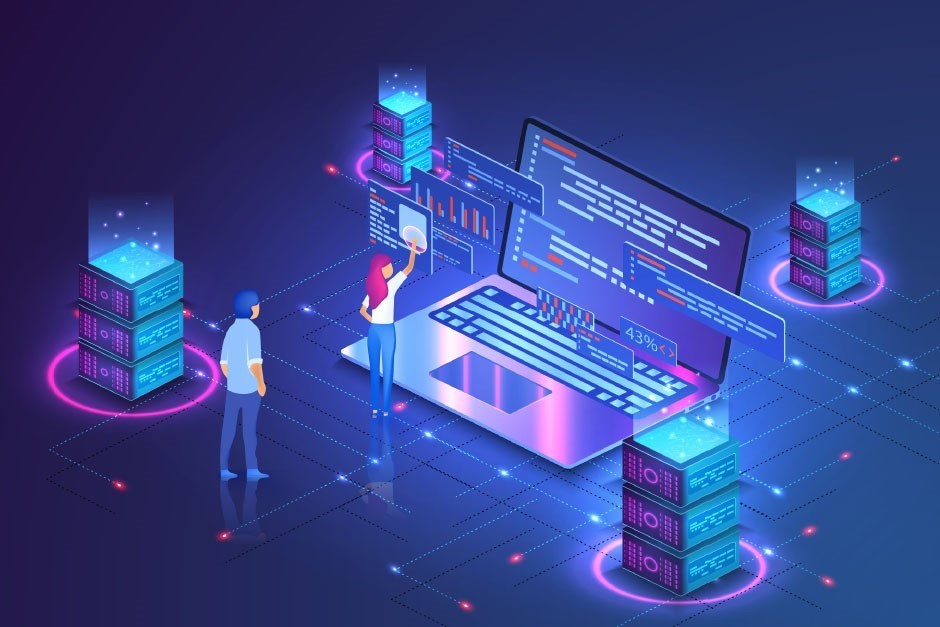
From ‘Hover Boards’ to voice activated ‘personal assistants’ one would think that the modern age of technology is certainly in no shortage of variety. Considering the last decade of technology has borne substantial significance in combating the problems of today such as climate change which, thanks to Elon Musk and the four fellow founders of Tesla, has consequently, led to a 3.6 million ton depletion in CO2 globally. Thus, in a world where technology plays such a large role in everybody’s day to day life, it has led me to consider the part it may play over the next ten years.
During Delta2020's inaugural 'virtual' work experience program Yr11 student Alex Gilkes from the Herts and Essex High School decided to research the topic of social media given the current lock-down situation which has forced a global adaptation to a 'new normal'.

In the last two decades, technology has made leaps and bounds in almost every way possible and the rise of social media platforms has been fed as we enter a new hyper-digitised age. There are 3.5 billion social media users worldwide, many of whom who interact with social media daily, yet not many people know the very real risks that come with it.
Delta2020 has run a work experience program for almost a decade for local Schools in Bishops Stortford (click here to see previous student’s published blogs).
This year given Covid-19 we are offering a virtual work experience program w/c 6th July. 
This will be for Year 11 students who are looking for an opportunity to gain valuable knowledge and skills, with a focus on technology and finance.
Placements have been offered on a first come first served basis of which just four places now remain.
Date and Duration
w/c 6th July 20 (Mon-Fri 9:30am start, between 5-7hrs p/day)
COVID-19 and the ensuing preventative measures has caused a rate of Economic downturn akin to the great depression. Whilst on virtual work experience with Delta 2020, Jack Thorpe Yr13 Kingston Grammar School student aimed to assess the damaging consequences of a economic shutdown on the job prospects of today's youth.
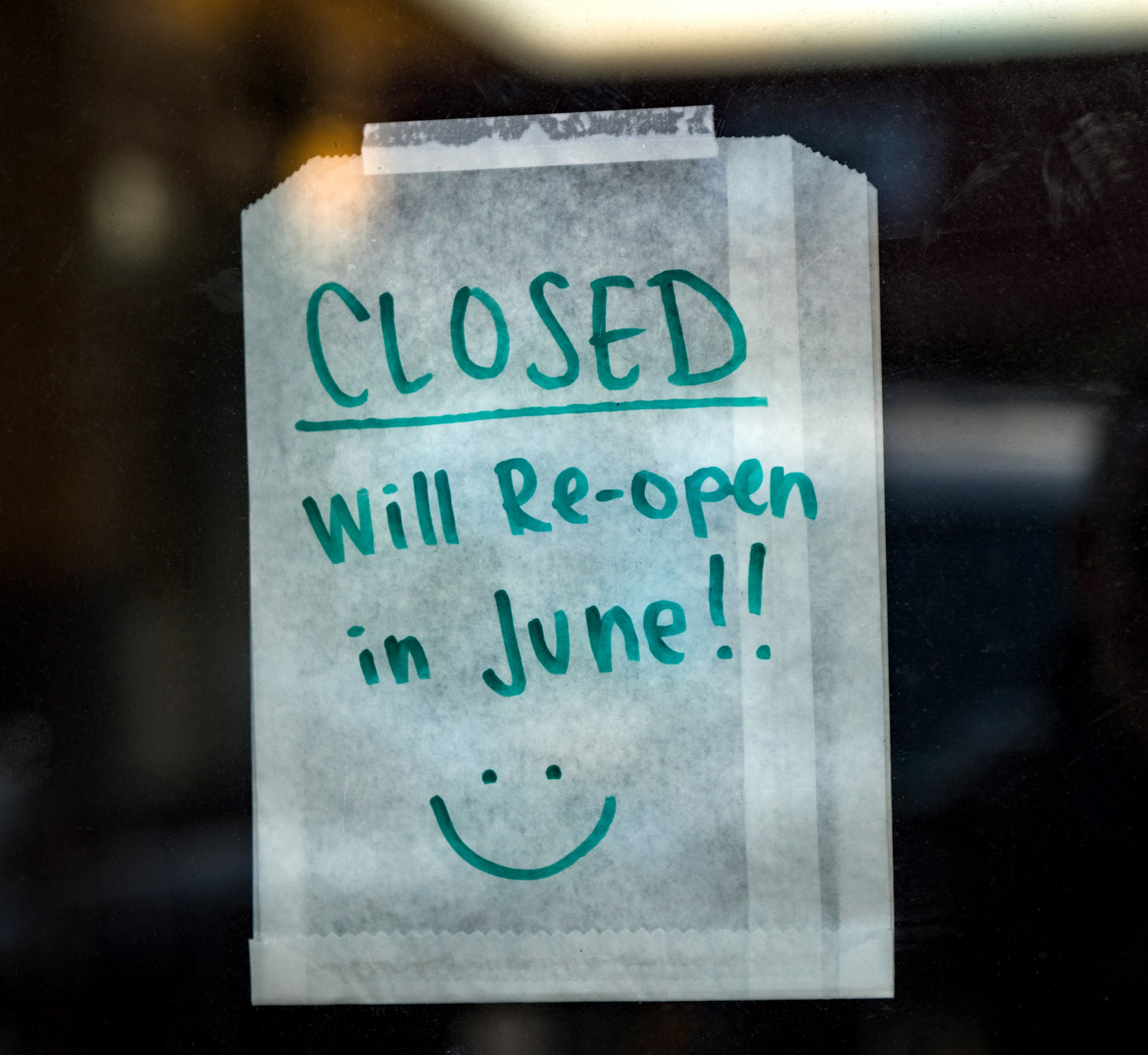
In the 10 weeks since the WHO’s announcement of the COVID-19 global pandemic and the ensuing safety measures taken to avoid unnecessary deaths, the UK economy has been facing one of its largest challenges to date. I believe that, while generally shielded from the virus’ symptoms, the UK’s youth, particularly those set to leave full time education, will take the lion’s share of the economic downturn in the form of high unemployment.
In UKBAA’s recently published blog I spoke about some of the trends I see in angel investing and my role as Chair of the Cambridge Angels. Some of these trends have been overtaken by the current coronavirus crisis and a few eg the digitisation of industries/sectors have been rapidly accelerated.

Click here to read the full article.
I was delighted to be a guest on AWS's What Works podcast discussing the 4 things that matter when vetting potential investments.

Here we share our annual tech themes for 2020. Whilst some of these themes are not necessarily new, we believe they will shape the future of this decade.
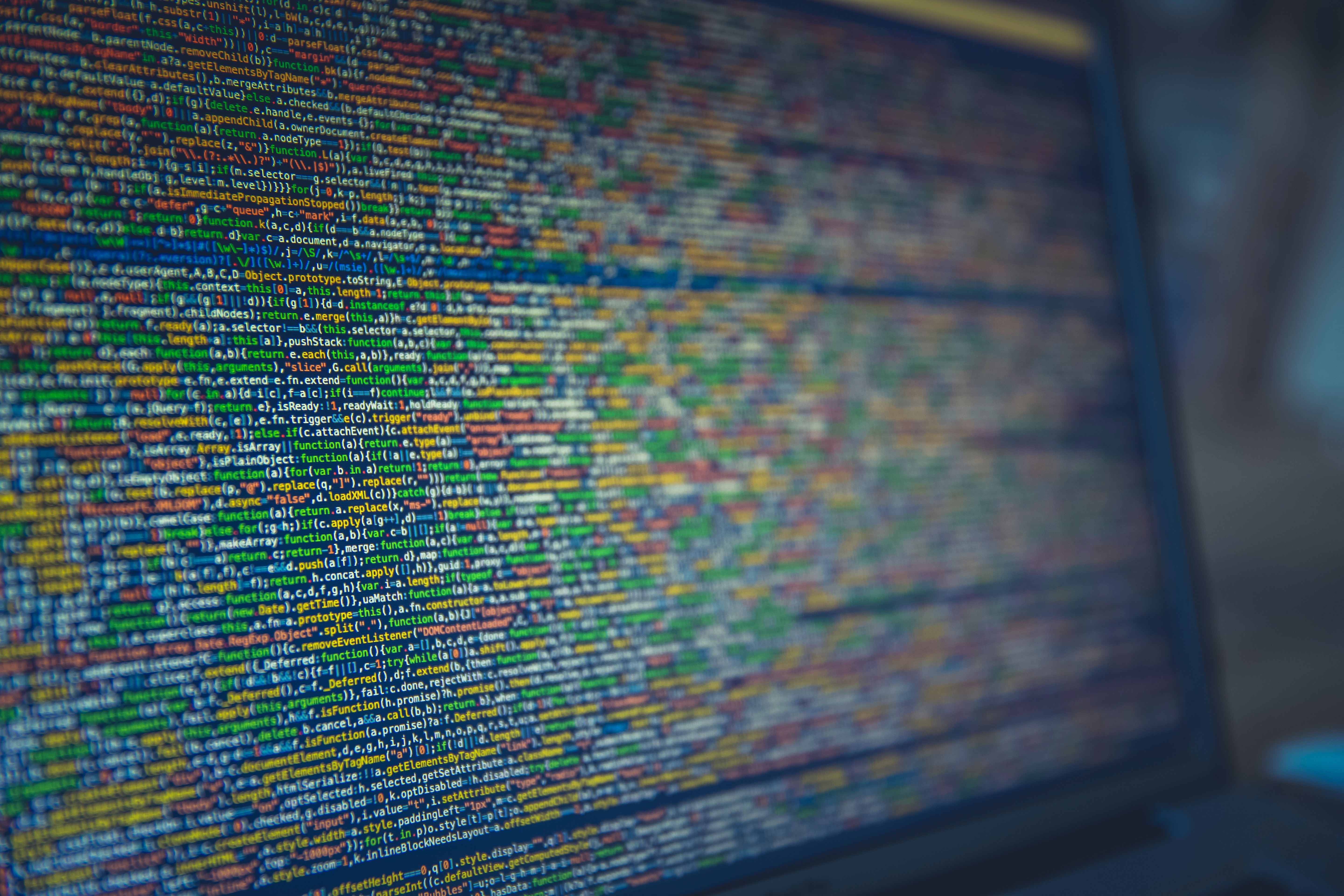
Image: EETimes
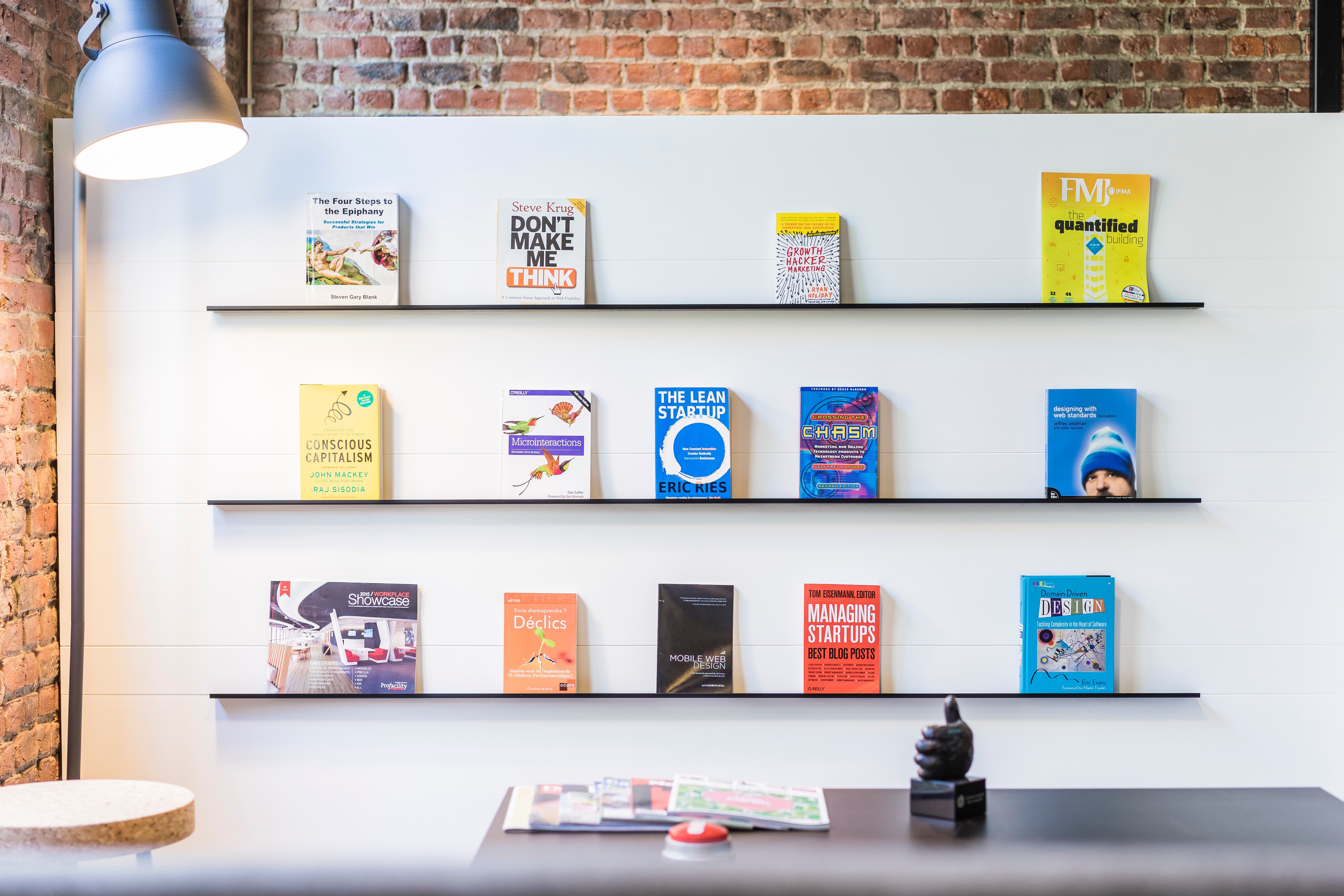
How things have changed in 10 years. When I started angel investing in 2009 just after the Great Financial Crisis (GFC), I could find revenue generating companies valued at less than £1m. Now an equivalent company would be £5m+. In those 10 years I have invested in 40+ companies, many founded by women. I have been fortunate enough to experience many successes and have learnt to accept failures with 1 or 2 investments out of 10 generating my return.
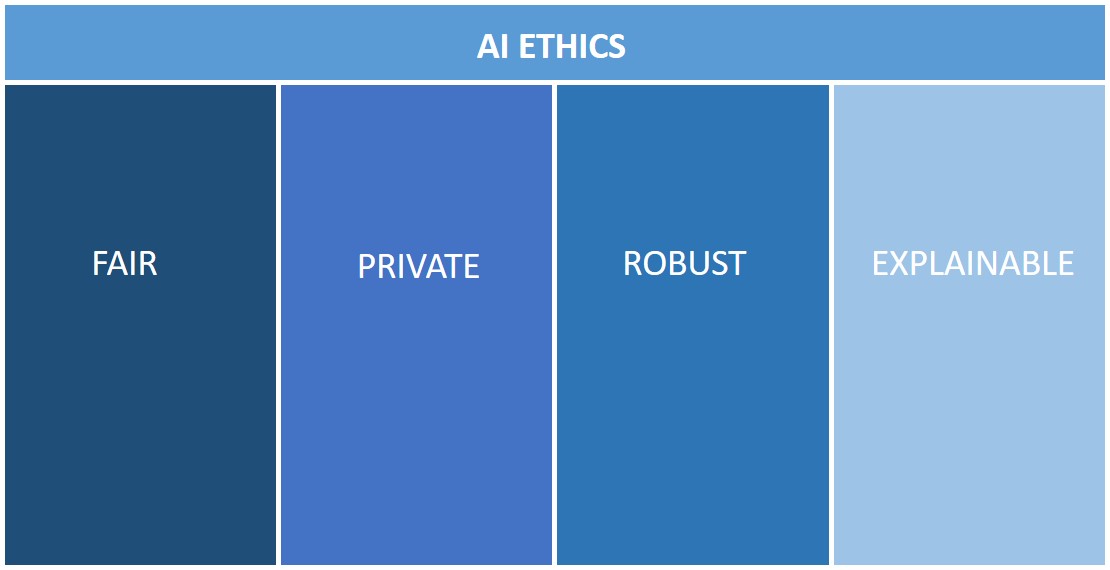
Innovations in artificial intelligence (AI) are starting to dramatically improve the provision of goods and services ranging from healthcare to financial services and technology. But it's just the start. As big data gets even bigger and computing power continues to grow, AI will transform virtually every aspect of life as we know it.

In a decade of technology-focused angel investing, I've often heard the comment that we need more women in technology – and, in particular, more female founders. In fact, more often than not it's me making the comment, as I'm an active backer of female entrepreneurs. But in the last five years, I've noticed the tide is turning – and at last we are actually seeing more female founders. So, have we now reached a tipping point?
Holly Harrison Yr11 student from the Bishops Stortford College was interested to understand more about women in the workplace. She decided to delve deeper into gender equality and why this is such a prevalent topic.
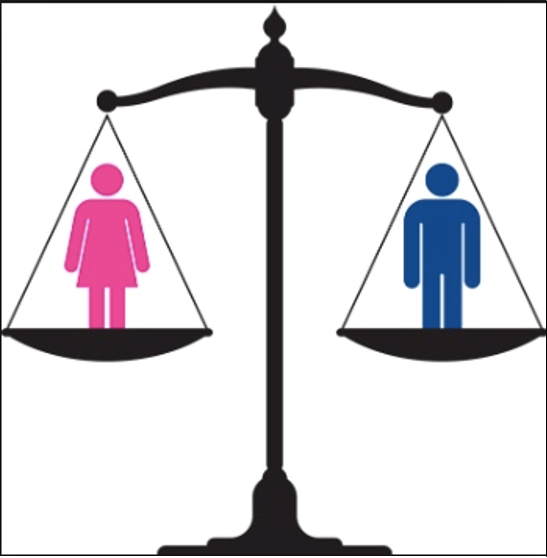
Many businesses today do not understand the extent of the gap between the genders in their work-place. According to Women’s Bureau at the United States Department of Labor, women who work full-time year-round earn an average of 79% of men’s median annual earnings.